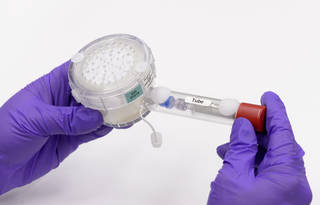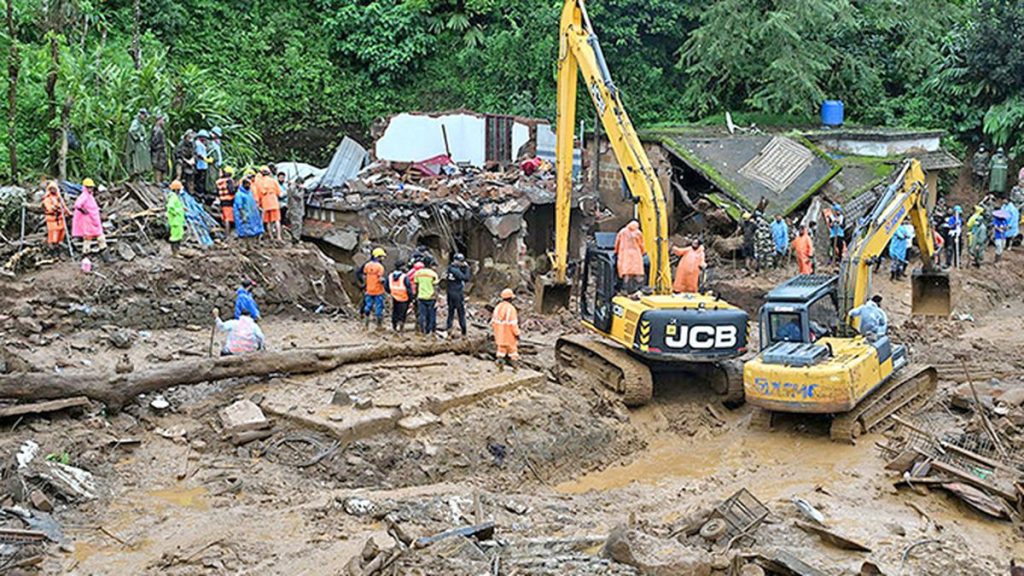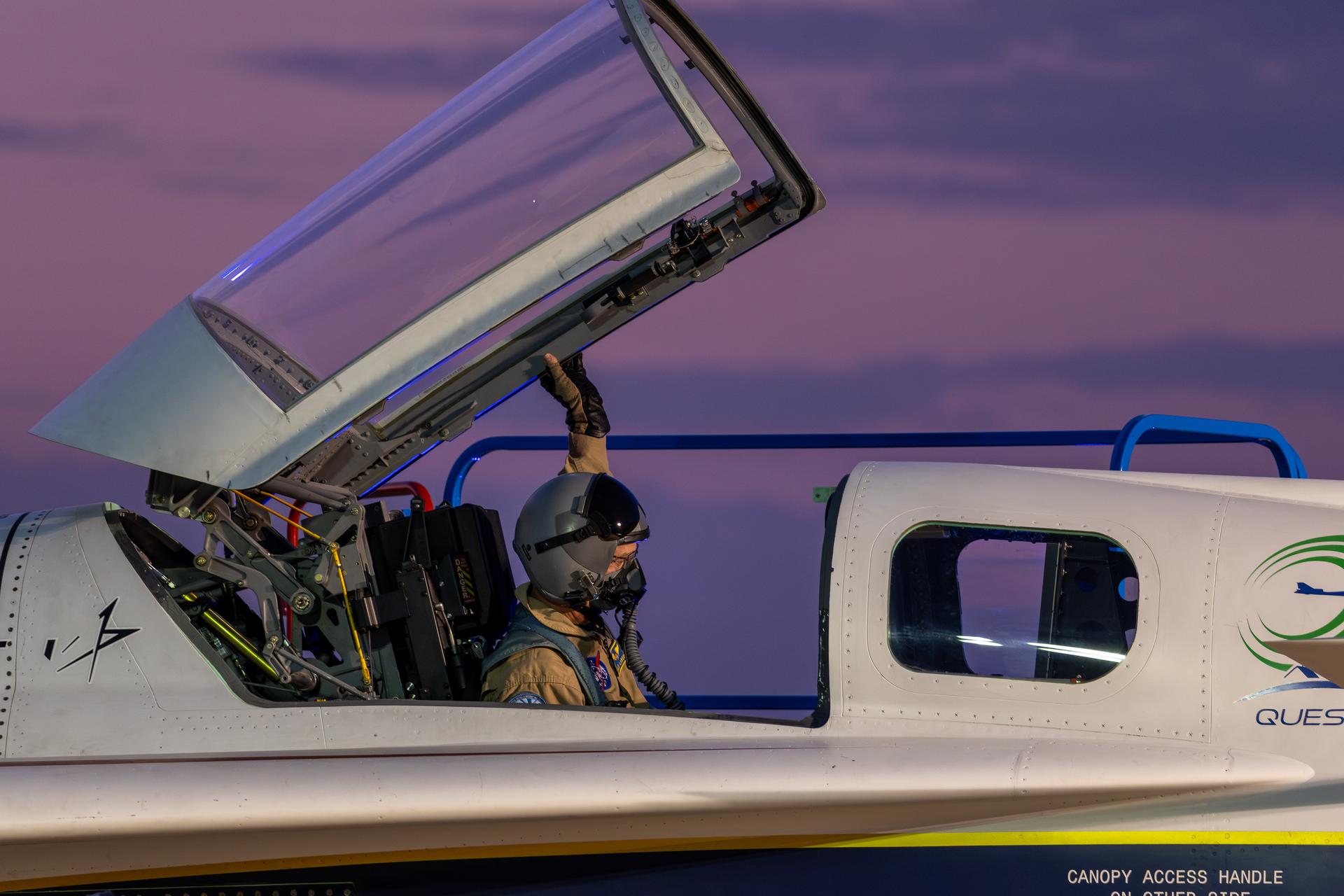Now Reading: BioNutrients: Understanding Their Role and Benefits
-
01
BioNutrients: Understanding Their Role and Benefits
BioNutrients: Understanding Their Role and Benefits

Quick Summary
- NASA’s BioNutrients Experiments: A series of studies launched to test the production of nutrients using microorganisms for long-duration space missions. This technology could benefit astronauts adn people in remote areas on Earth.
- BioNutrients-1: launched April 2019, conducted experiments with two modified yeast strains for nutrient production (beta carotene and zeaxanthin). Results showed potential viability over five years; no samples were consumed by astronauts.
- BioNutrients-2: Launched November 2022, expanded microorganism types to include yogurt/kefir cultures and a yeast producing follistatin.Use of flexible bags reduced system weight and volume. Experiment results analyzed back on Earth after incubation and freezing.
- Upcoming BioNutrients-3 Launch (August 2025): Will include new food safety features like edible growth substrates, colour-changing fermentation indicators from red cabbage acidity levels, larger production bags, and testing tools such as NASA’s “electronic nose” sensor for pathogen detection.
Indian Opinion Analysis
NASA’s BioNutrients project reflects the growing importance of biomanufacturing technologies in addressing critical challenges tied to sustainability in space exploration. The focus on producing essential nutrients-particularly via microbial engineering-not only supports planned Moon or Mars missions but showcases innovation applicable to global nutrition problems here on Earth.
For India, this research could spur interest in synthetic biology applications across diverse sectors like healthcare or agriculture. By leveraging similar microbial systems for localized nutrient production or medicines within rural contexts, evident cross-disciplinary education could emerge between India’s biotech industry goals and astronautical ambitions under ISRO partnerships. Such developments reinforce broader sustainable solutions globally tied with space-tech knowledge sharing.
Read More: NASA BioNutrients Program
























